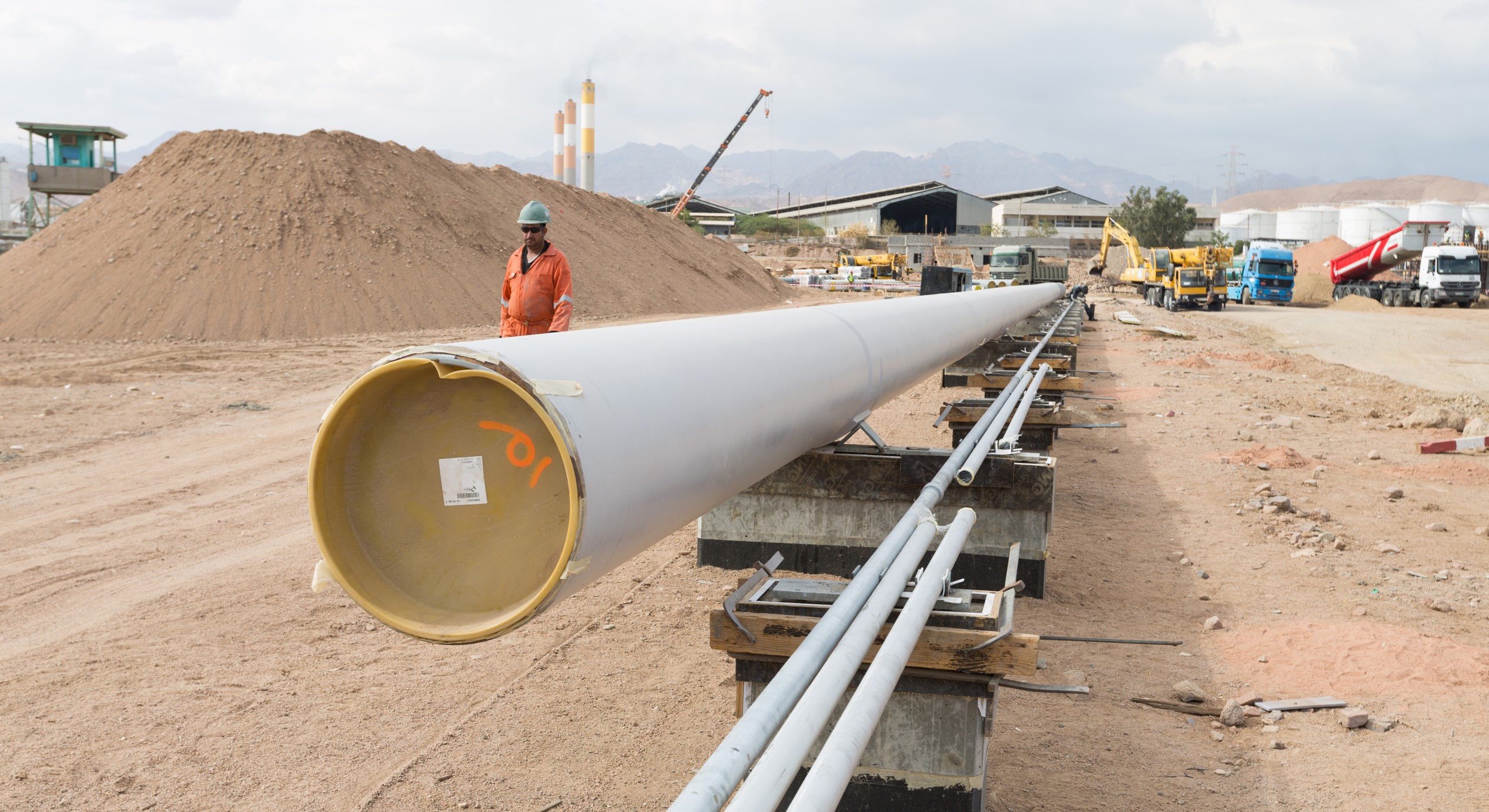

Water Security in Jordan and Future Generations - Ahmad Bali
Since the beginning of human civilization, humans have settled in moderate climate areas that are close to water sources. Water and favorable climatic conditions were the main drivers behind their stability and development. The availability of water and the favorable moderate climate are the basis of human life and a way to facilitate their living and wellbeing on earth.
Despite the development that humanity has witnessed throughout the years, including huge industrial and technological revolutions and scientific progress, this progress had adverse consequences on many aspects of life, in particular those pertaining to climate change and its destructive effects on natural habitats and human life as a whole.
These changes are considered among the most prominent challenges of this era, and their negative impact on various sectors of life include flash floods and altered weather patterns that threaten water and food security at the same time, resulting an increased migration and an outbreak of conflicts over natural resources.
Therefore, world governments should have paid attention to these problems and should have tried to solve it jointly, to address them and reduce their impact. The efforts made by world’s countries in order to solve these problems have taken shape through several paths, including the Paris Agreement on Climate Change, as 197 countries adopted the Paris Agreement in 2015 and it has entered into force in less than a year.
At the national level, the most alarming issue is the significant shortage of available water resources (water security), which is considered as the main driver of various aspects of life in Jordan and as the key link in the series of global commitments towards a sustainable future by achieving the 2030 Sustainable Development Plan and its principle of "No one left behind" and its seventeen goals set by the United Nations in order to establish peace and achieve security throughout the world.
Integrated Water Resources Management plays a fundamental role in meeting the challenges facing the water sector in general, considering its role in conserving its related local resources, such as energy, food and environment, in addition to its positive impacts on various sectors, including agriculture, industry, trade, domestic and others, in order to reach water security and achieve the 2030 Agenda for Sustainable Development and ensure the availability of the resource for future generations. The Ministry of Water and Irrigation in Jordan is the official body responsible for planning and managing all matters pertaining to the water sector.
The Ministry is trying to adopt innovative solutions focusing on Integrated Water Resources Management by developing a national plan aimed at water conservation and aligning with the objectives that were outlined in the National Water Strategy (2023-2040) which highlighted the importance of developing specific procedures aimed at addressing comprehensive and detailed issues for water sector management, including financial performance and sustainability, data-based decision-making mechanism, innovation and technology, energy efficiency, improving water efficiency, adapting to climate change and adopting rational behaviors.
Responsible government bodies, such as the Ministry of Water and Irrigation, are emphasizing on finding immediate, medium and long-term solutions to meet needs within a comprehensive approach in collaboration with various sectors and stakeholders to meet the growing water demands. They aim to balance water supply and demand by promoting water demand management as a crucial component of achieving water security. Whereas most current corporate programs are prioritizing water supply management, in terms of increasing investments in new water sources, improving infrastructure and reducing waste, water demand management is rarely taken into consideration as an important source that helps achieve water security.
Recent publications

